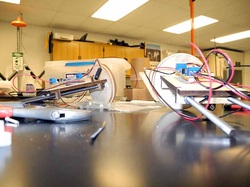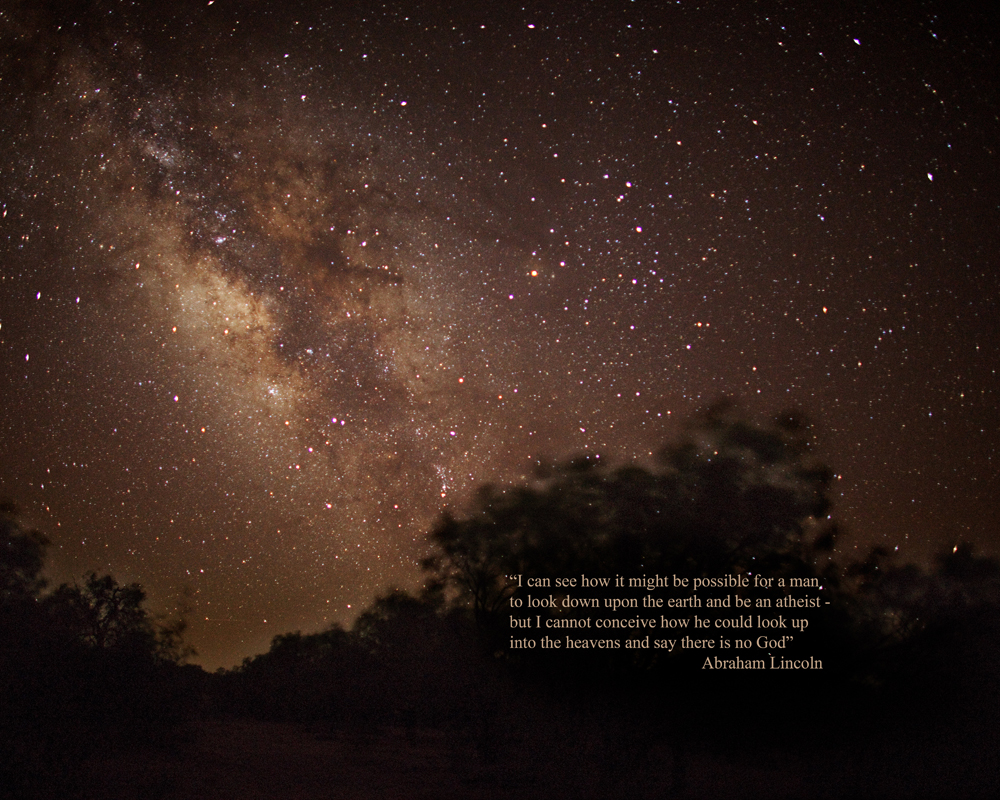Well.... I try to remember that teaching facts is less important than getting students to think. Cramming content down one's throat with a plumber's helper doesn't make one love physics or science.
So... I teach concepts that I KNOW are foundational. I try to keep students engaged. I try to get them to think. I try to get them to wonder. I have ask several college professors and they agree that if they get students that know how to think and want to learn - they can fill a few gaps in knowledge.
So each year is a moving target. I put a great deal of thought into what I teach but I base my decisions on the students I have at the time. This may not be elegant but it's what I do.


 RSS Feed
RSS Feed
